
A team of international researchers has used the unpredictable nature of quantum mechanics to create a device capable of generating truly random numbers.

Microsoft says it's made a major breakthrough in quantum computing capabilities with the Majorana 1, its first quantum chip.

Team of international researchers have recently discovered a strange new state of matter in the dynamics of currents flowing through layers of graphene.
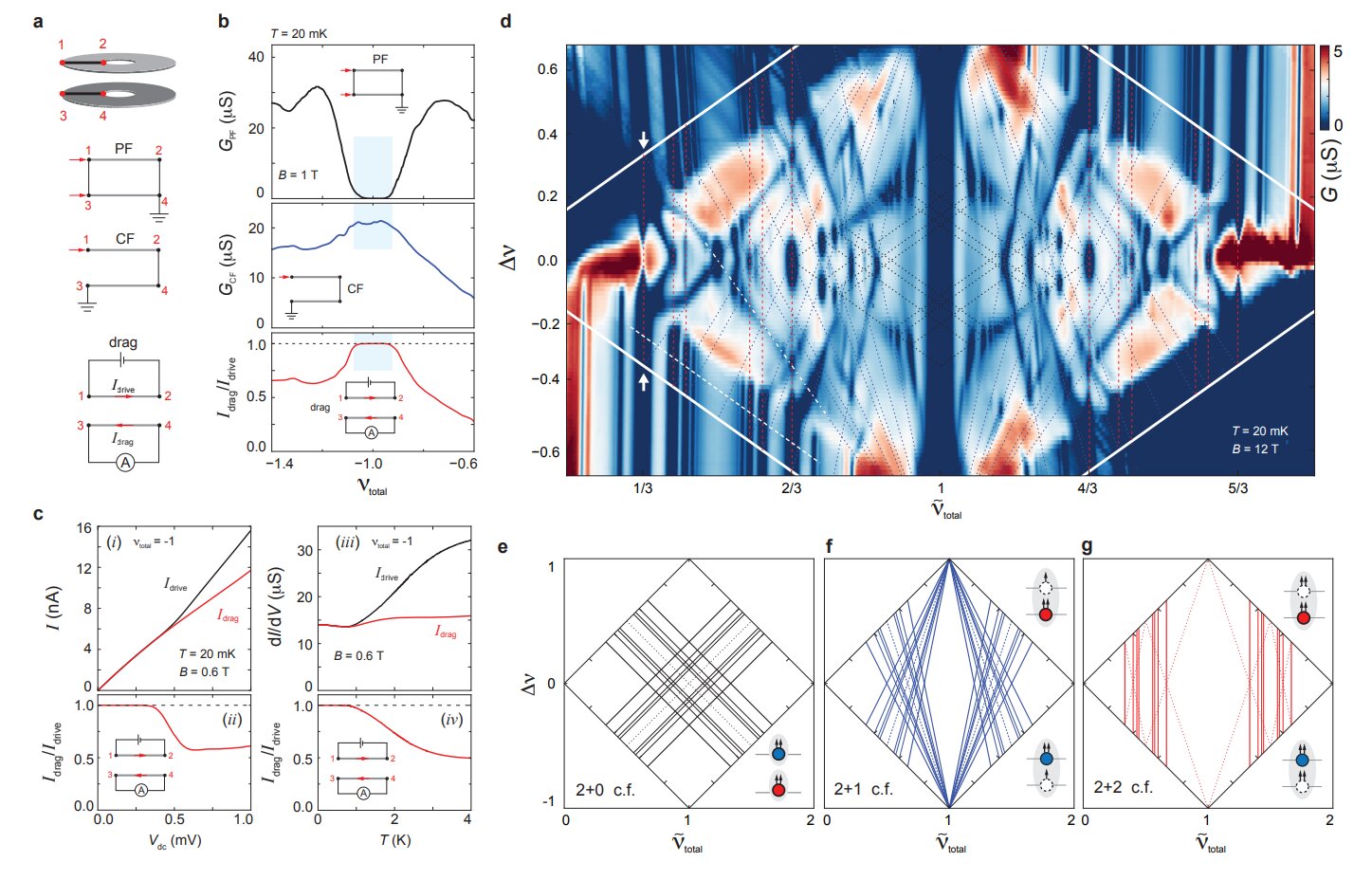
In a new study, physicists at Brown University have now observed a novel class of quantum particles called fractional excitons

Theoretical physicists from the Autonomous University of Barcelona in Spain think they might at last have an explanation for why Schrödinger's cat would always appear in a single state once it's observed.
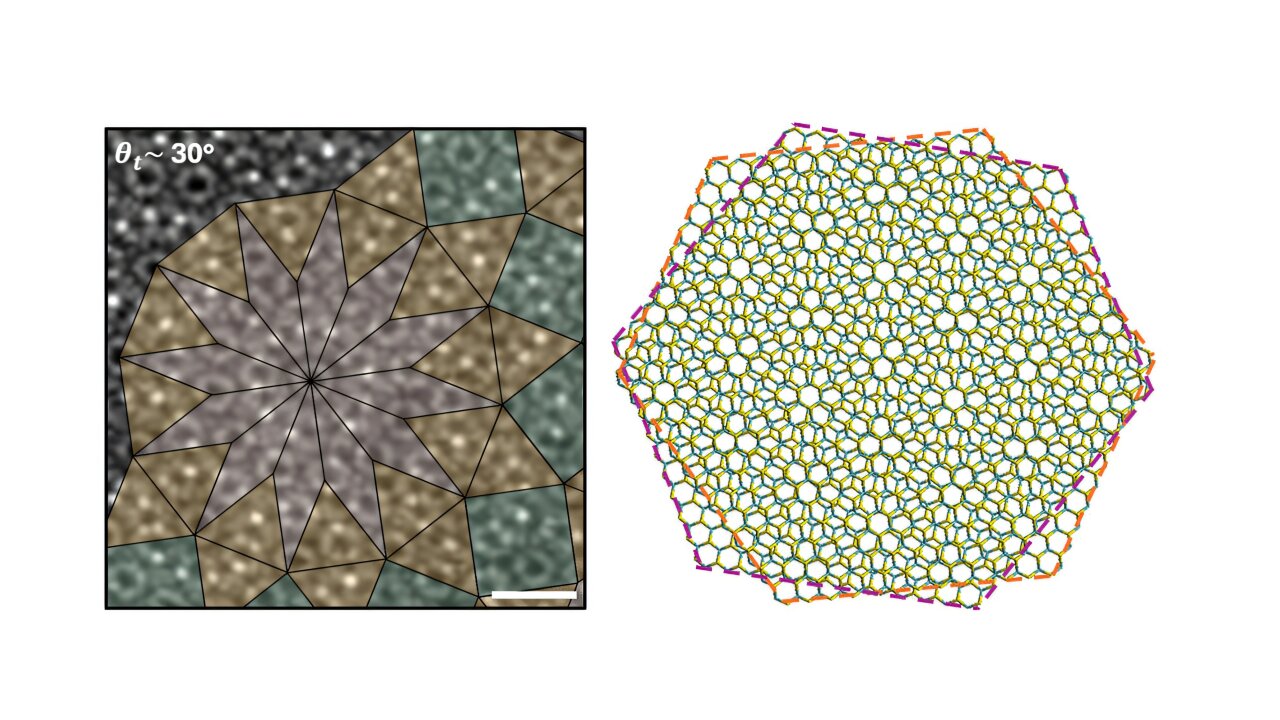
A new vortex electric field with the potential to enhance future electronic, magnetic and optical devices has been observed by researchers from City University of Hong Kong and local partners.
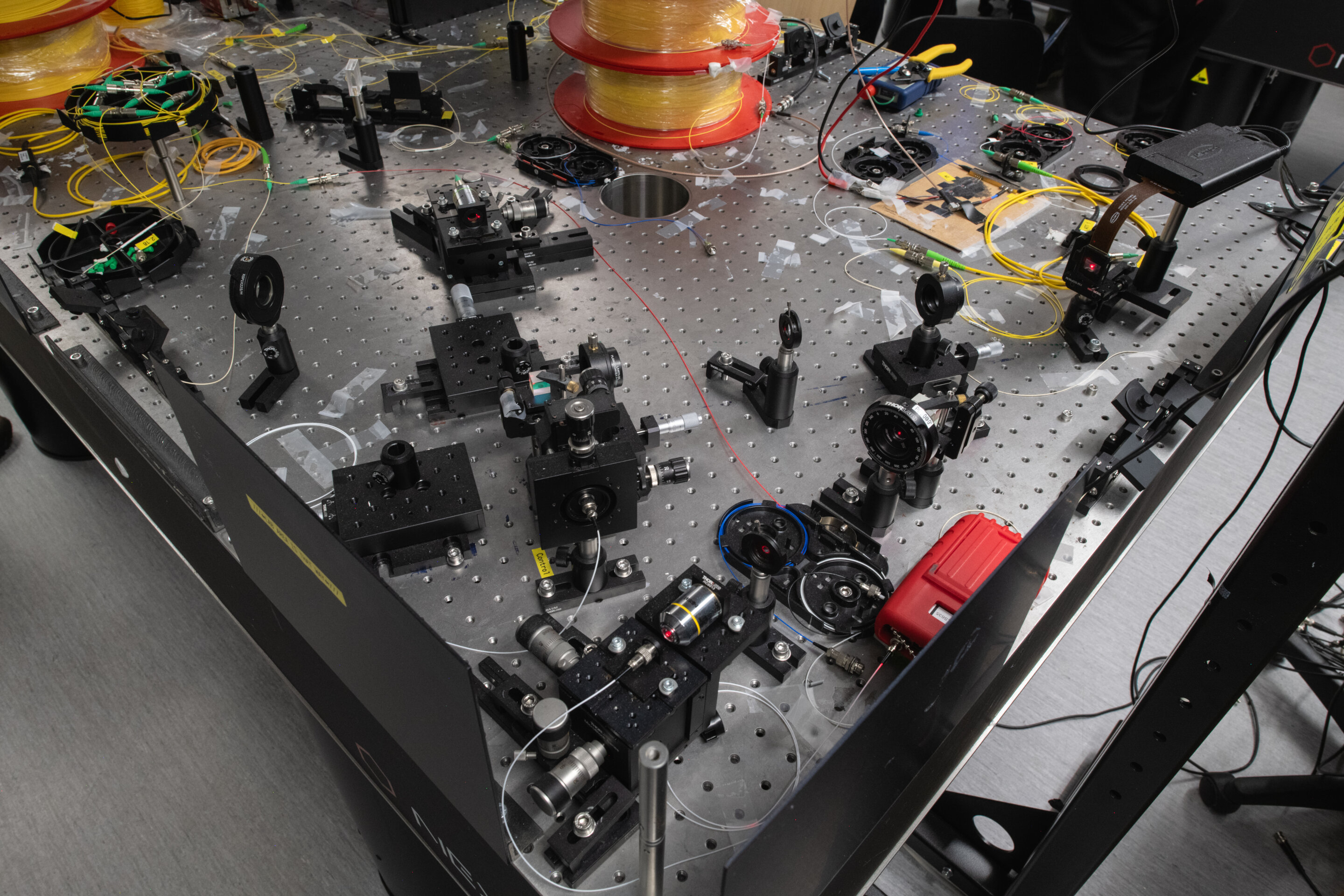
International researchers have confirmed a theory that proposes a connection between the complementarity principle and entropic uncertainty.
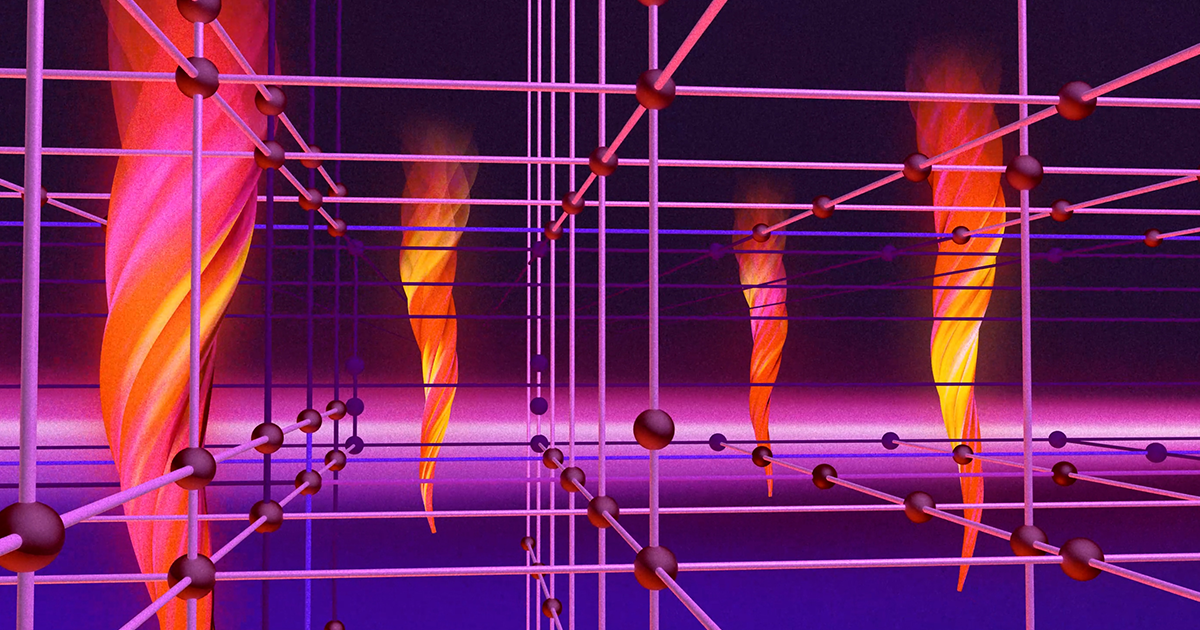
New observations of microscopic vortices confirm the existence of a paradoxical phase of matter that may also arise inside neutron stars.

Chinese scientists explain how entangled photons emitted by carbon-hydrogen bonds in nerve cell insulation could synchronize activity within the brain.
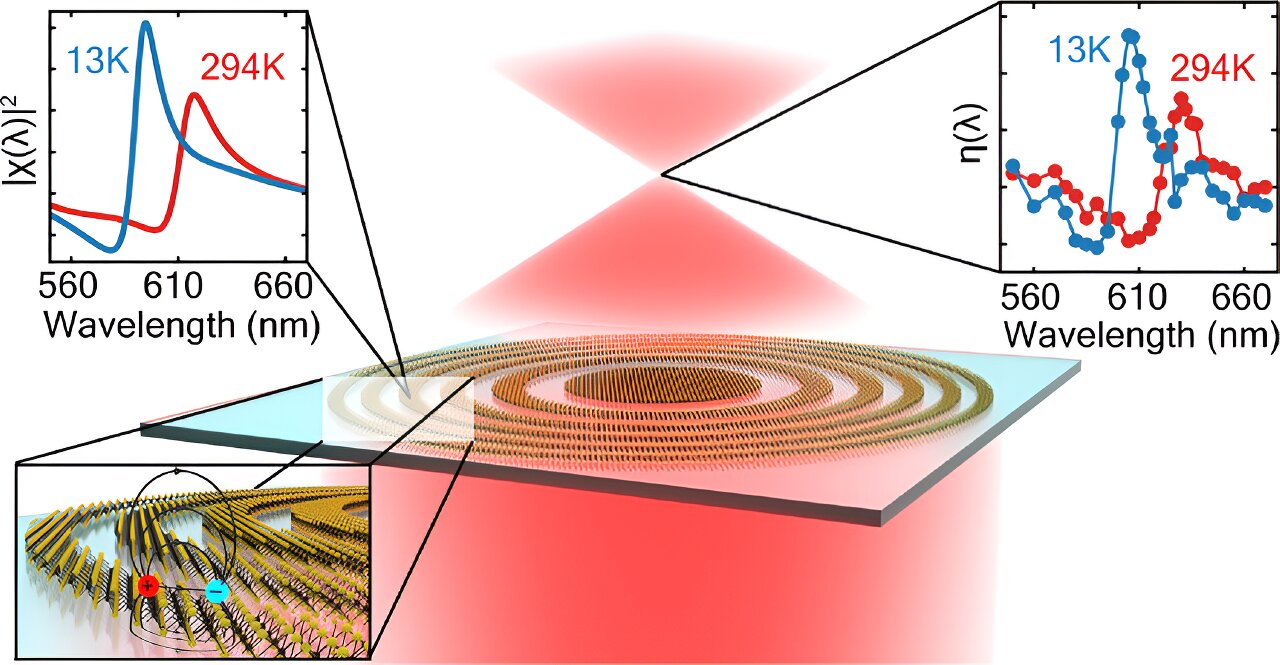
Lenses are used to bend and focus light. Normal lenses rely on their curved shape to achieve this effect, but physicists from the University of Amsterdam and Stanford University have made a flat lens of only three atoms thick that relies on quantum effects.
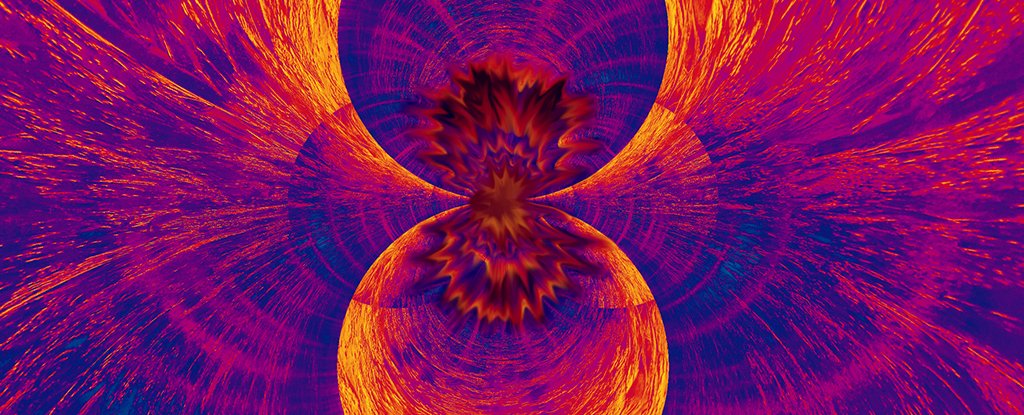
A year after all but ruling out the possibility, a pair of theoretical physicists from Japan and the Netherlands have found quantum entanglement has something fundamentally in common with the physics that drives steam engines.

Not only does God play dice, that great big casino of quantum physics could have far more rooms than we ever imagined. An infinite number more, in fact.

The potential of quantum computing is immense, but the distances over which entangled particles can reliably carry information remains a massive hurdle.

Scientists have for the first time created a giant quantum vortex to mimic a black hole in superfluid helium that has allowed them to see in greater detail how analog black holes behave and interact with their surroundings.

Researchers have successfully extended the lifespan of time crystals, confirming a theoretical concept proposed by Frank Wilczek. This marks a significant step forward in quantum physics.